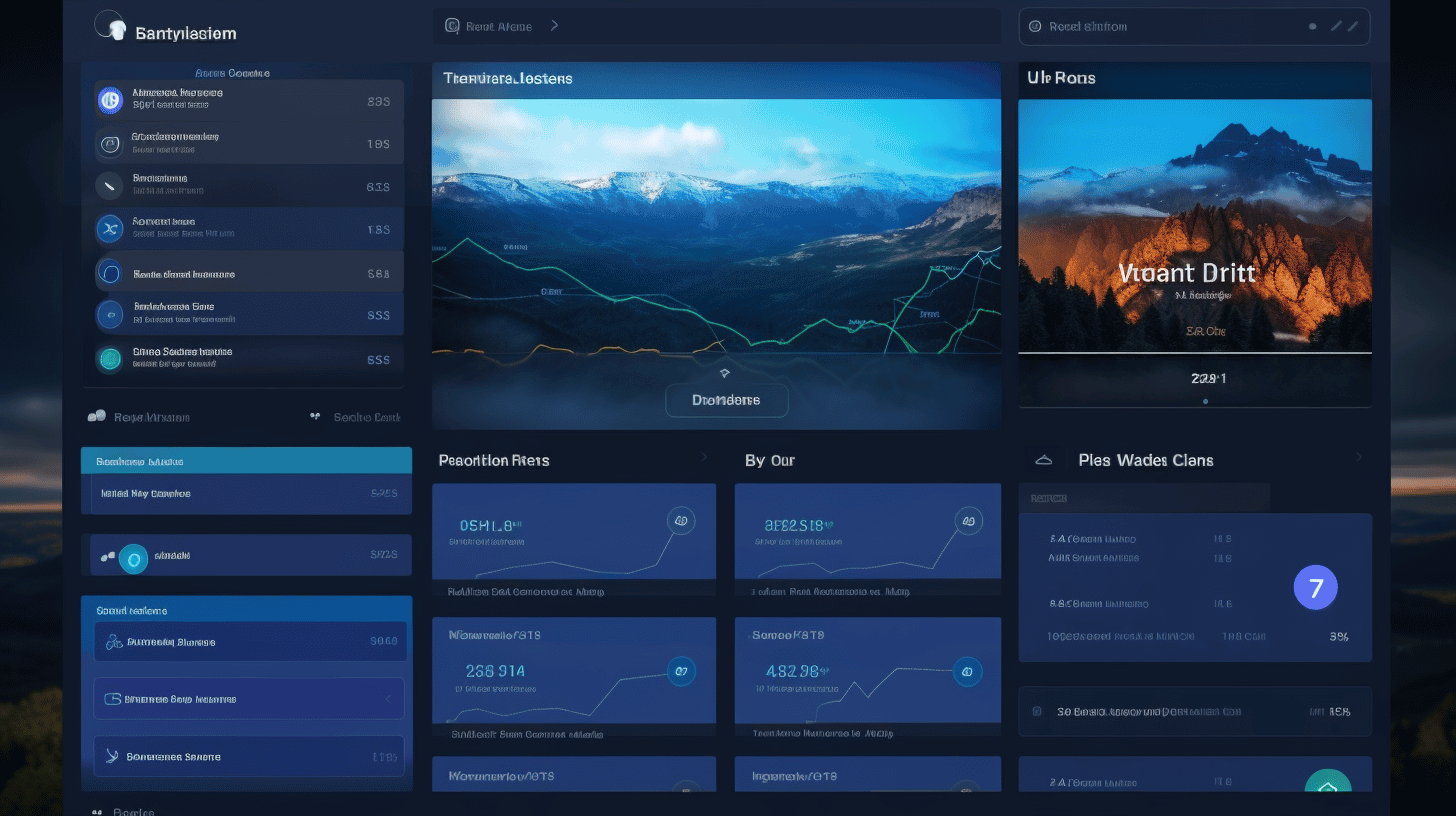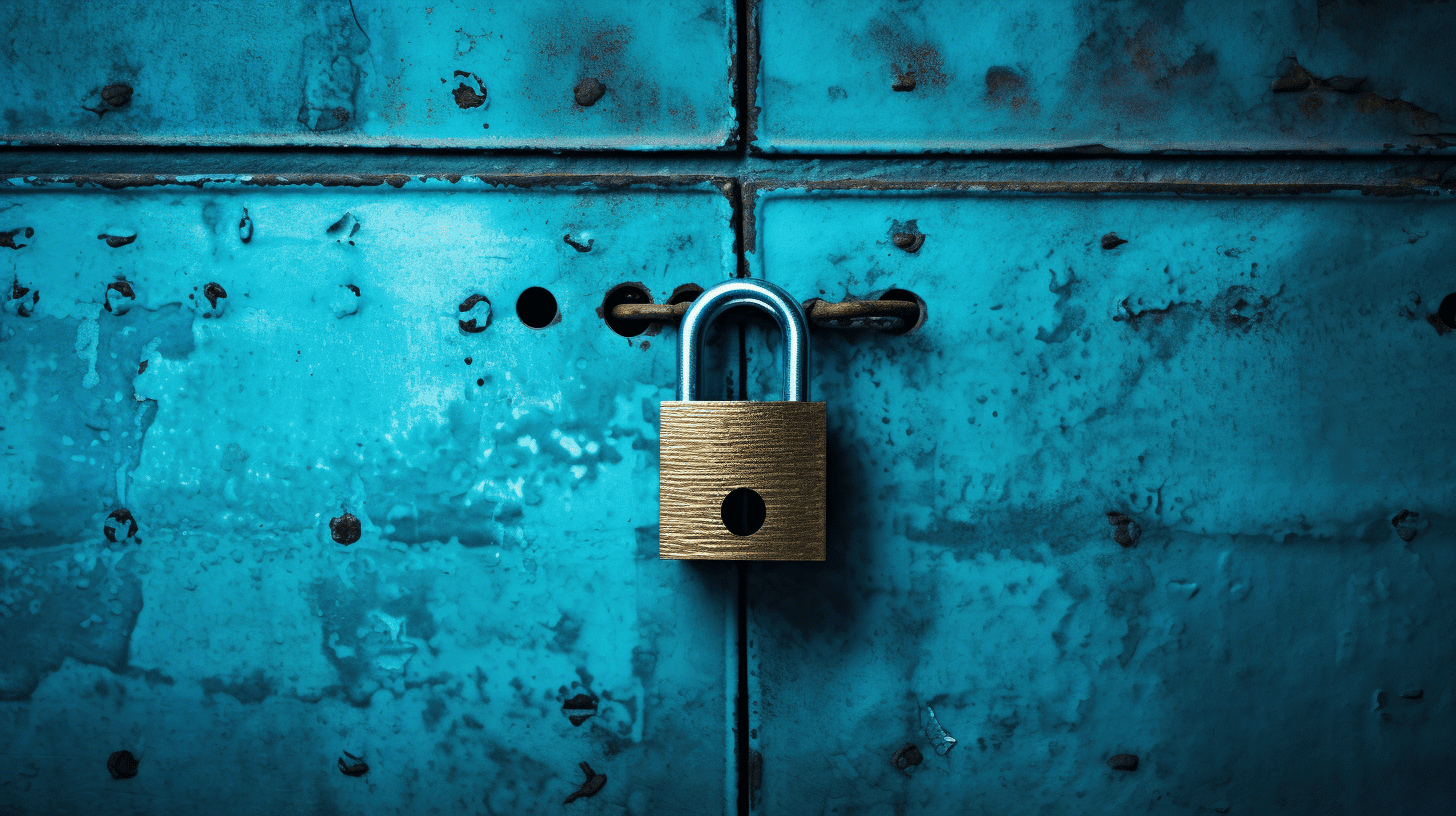在当今的数字时代,拥有一个安全的网站至关重要。无论您经营的是个人博客还是蓬勃发展的电子商务商店,保护您的 WordPress 网站免受潜在威胁对于确保数据安全和用户隐私至关重要。随着网络攻击变得越来越复杂,采取主动措施增强您的 WordPress 网站安全性比以往任何时候都更加重要。
💡 您是否知道,互联网上超过 35% 的网站都由 WordPress 提供支持?WordPress 的流行使其成为黑客和恶意行为者眼中极具吸引力的目标。
在本文中,我们将探讨 10 个重要提示,帮助您加强 WordPress 网站的安全性。从保持 WordPress 核心、主题和插件更新到实施强密码和启用双因素身份验证,这些措施将有助于保护您的网站并让您安心。
首先,让我们深入了解 WordPress 安全的重要性以及您应该注意的漏洞。
WordPress 安全的重要性
介绍:
在当今的数字环境中,安全至关重要。网络威胁无处不在,因此优先考虑网站的安全性至关重要,尤其是如果您使用 WordPress。作为世界上最受欢迎的内容管理系统 (CMS),WordPress 是黑客和恶意行为者最喜欢的目标。因此,采取主动措施保护您的 WordPress 网站不仅是建议的,而且是必不可少的。
WordPress 安全统计:
为了真正理解 WordPress 安全的重要性,让我们看一些令人大开眼界的统计数据:
- 仅在 2023 年,WordPress 数据库中就报告了 4,528 个确认的安全漏洞[1].
- WordPress 在 CMS 市场占据主导地位,所有使用 WordPress 的网站中有 45.8%[2].
- 2022 年,WordPress 核心软件中发现了 23 个漏洞[1].
- 过时的插件是导致 WordPress 漏洞报告数量高达 92% 的原因[1].
这些数字凸显了 WordPress 的安全风险的严重性。忽视安全措施可能会让您的网站容易受到黑客攻击、数据泄露,并可能损害您的在线声誉。
常见的安全漏洞:
WordPress 安全领域非常广阔,但有些漏洞比其他漏洞更普遍。以下是一些需要注意的常见安全弱点:
- 弱密码: 使用容易猜到或常用的密码会带来很大的安全风险。无论是“password123”还是宠物的名字,弱密码都会让黑客更容易未经授权访问您的 WordPress 网站。
- 过时的主题和插件: WordPress 受欢迎的一个关键因素是其拥有大量主题和插件。但是,如果不定期更新它们,您的网站可能会面临安全漏洞。开发人员经常发布更新来修复错误、修复安全漏洞和修补漏洞。如果忽视更新,您的网站就会面临攻击。
- 用户权限不足: 授予用户过多权限可能会危及 WordPress 网站的安全性。确保每个用户都拥有其角色所需的适当访问级别至关重要。这有助于防止未经授权修改您网站的核心文件和敏感数据。
- 缺乏备份系统: 想象一下,有一天醒来发现您的网站被黑客入侵,所有数据都消失了。如果没有可靠的备份系统,恢复您的网站可能是一场噩梦。定期备份是一种安全网,可让您在发生安全事件时将网站恢复到以前的版本。
请记住,保护您的 WordPress 网站需要结合预防措施、持续监控和主动维护。通过保护您的网站,您可以保护您的业务、您的客户和您的在线声誉。
要了解有关创建安全 WordPress 网站的更多信息,请查看我们的综合指南 在这里,. 领先威胁一步,确保您的在线安全。
“采取主动措施优先考虑 WordPress 网站的安全性不仅是建议,而且是必不可少的。”
WordPress 网站的 10 个基本安全措施
在当今的数字环境中,确保 WordPress 网站的安全至关重要。随着网络威胁变得越来越复杂,实施强大的安全措施来保护您的宝贵数据并维护用户的信任至关重要。以下是每个 WordPress 网站所有者都应实施的 10 项基本安全措施:
保持 WordPress、主题和插件更新
定期更新 WordPress 核心、主题和插件是维护网站安全的关键。开发人员经常发布更新来解决安全漏洞和错误。通过更新 WordPress 网站,您可以确保安装了最新的安全补丁,从而降低被黑客利用的风险。
使用信誉良好的安全插件
安装信誉良好的安全插件是增强 WordPress 网站安全性的有效方法。这些插件提供广泛的安全功能,包括恶意软件扫描、防火墙保护和暴力攻击预防。您可以考虑的两个流行安全插件是 Wordfence 和 Sucuri,它们都以强大的保护功能和易用性而闻名。
启用双因素身份验证
要为 WordPress 登录过程增加额外的安全层,请启用双因素身份验证 (2FA)。使用 2FA,用户除了用户名和密码外,还需要提供额外的身份验证因素,例如发送到其移动设备或电子邮件的验证码。这有助于防止未经授权的访问,即使有人设法获取登录凭据。
限制登录尝试次数
黑客常用的一种方法是暴力攻击,他们会尝试多种用户名和密码组合,直到获得您网站的访问权限。通过限制允许的登录失败次数,您可以有效地阻止此类攻击。像 Limit Login Attempts 这样的 WordPress 插件可以帮助您强制执行登录限制并阻止可疑 IP 地址。
使用强密码
使用强密码是一项基本但经常被忽视的安全措施。弱密码使黑客更容易未经授权访问您的 WordPress 管理区域。鼓励用户创建包含大写和小写字母、数字和特殊字符组合的强密码。考虑使用密码管理器来生成并安全存储复杂密码。
更改默认 WordPress 登录 URL
默认情况下,WordPress 登录页面可通过 domain.com/wp-admin 或 domain.com/wp-login.php 访问,这使其成为攻击者的攻击目标。更改默认登录 URL 可以使他们更难找到登录页面,并降低暴力攻击的风险。WordPress 插件(如 WPS Hide Login)允许您将登录 URL 自定义为独特且难以预测的内容。
管理用户角色和访问级别
正确管理用户角色和访问级别对于维护 WordPress 网站的安全性至关重要。确保根据每个用户的职责为其分配适当的角色,并限制对敏感区域的访问。定期检查用户权限并删除任何不必要的帐户或权限。这有助于最大限度地降低恶意行为者未经授权的行为的风险。
定期进行软件更新和备份
除了保持 WordPress 核心、主题和插件更新外,定期备份也应成为您的安全策略的一部分。备份您的网站可确保您在出现安全漏洞或其他问题时拥有最新的数据副本。选择可靠的备份解决方案并安排定期备份,并将其安全地存储在单独的服务器或云存储中。
删除“不安全”警告
由于强调 HTTPS 和网站安全,使用 SSL 证书保护您的 WordPress 网站至关重要。这可确保用户和网站之间传输的数据是加密且安全的。通过安装 SSL 证书,您可以删除用户通过 HTTP 访问您的网站时看到的“不安全”警告。
WordPress 核心、主题和插件的自动更新
启用 WordPress 核心、主题和插件的自动更新是一种无需人工干预即可确保网站安全的有效方法。它可确保您始终运行最新版本,包括安全补丁。但是,启用自动更新时要小心谨慎,尤其是对于对网站功能至关重要的插件和主题。在将更新部署到您的实时网站之前,请定期在开发环境中测试更新。
通过遵循这 10 项基本安全措施,您可以大大增强 WordPress 网站的安全性并保护其免受潜在威胁。实施这些措施将有助于保护您的数据、激发用户信心并维护您的在线形象的完整性。
结论
总之,在当今的数字环境中,优先考虑 WordPress 网站的安全性至关重要。通过实施本文概述的 10 项基本安全措施,您可以大大增强网站的保护并保护其免受潜在威胁。
请记住,保持您的 WordPress 安装、主题和插件为最新版本、使用信誉良好的安全插件、启用双因素身份验证以及限制登录尝试次数只是强化您的网站可以采取的几个步骤。
此外,通过使用强密码、更改默认的 WordPress 登录 URL、管理用户角色和访问级别、执行定期软件更新和备份以及删除“不安全”警告,您可以进一步增强网站的安全态势。
为了使安全性更加便捷,请考虑利用 Managed-WP 平台。凭借其优质的托管 WordPress 云托管服务、专家支持和主动监控,Managed-WP 简化了基础设施,让您可以专注于提供卓越的数字体验。
因此,立即采取行动,增强您的 WordPress 网站安全性,确保您的企业在线安全稳定。
常见问题
- 为什么网站安全对于 WordPress 网站如此重要?
网站安全对于 WordPress 网站至关重要,因为它有助于保护敏感信息、防止数据泄露、维护用户信任、提高搜索引擎排名,并保护您的网站免受恶意软件和黑客攻击。
- WordPress 网站有哪些基本的安全提示?
以下是增强 WordPress 网站安全性的 10 个基本技巧:1. 保持 WordPress 核心、主题和插件更新;2. 对所有用户帐户使用强大而独特的密码;3. 限制登录尝试次数并实施双因素身份验证;4. 安装信誉良好的安全插件,如 Wordfence 或 Sucuri;5. 启用 Web 应用程序防火墙 (WAF);6. 保护您的 wp-config.php 文件并限制文件编辑;7. 定期备份您的网站并将副本存储在异地;8. 使用 SSL 加密来保护数据传输;9. 删除未使用的主题和插件;10. 定期监控您的网站是否存在可疑活动。
- 什么是 Web 应用程序防火墙 (WAF)?
Web 应用程序防火墙 (WAF) 是一种安全措施,可过滤和监控网站的传入和传出 HTTP 流量。它充当您的网站与潜在威胁之间的屏障,帮助检测和阻止恶意流量、SQL 注入、跨站点脚本 (XSS) 攻击和其他常见安全漏洞。
- 我可以完全依赖插件来保证 WordPress 网站的安全吗?
虽然 Wordfence 或 Sucuri 等安全插件对于 WordPress 网站安全至关重要,但仅依靠插件是不够的。遵循安全最佳实践很重要,例如使用强密码、保持网站更新、定期备份以及监控网站是否存在任何可疑活动。
- 如果我的 WordPress 网站被黑客入侵,我该怎么办?
如果您的 WordPress 网站遭到黑客攻击,请立即采取行动,隔离并删除受感染的文件或插件。更改所有密码,包括您的 WordPress 管理员和 FTP 凭据。从干净的备份中恢复您的网站并扫描其中是否存在任何漏洞。此外,请考虑聘请专业人员进行安全审核并实施额外的安全措施以防止将来受到攻击。



















